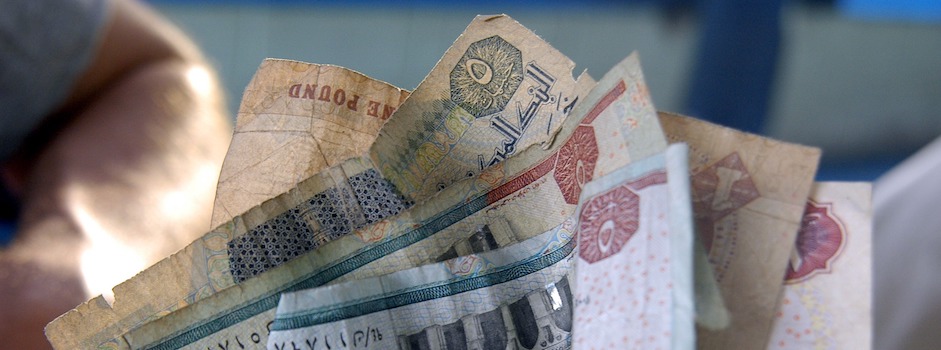On March 23, the IMF announced that Egypt had made an official request for support. While the IMF framed Egypt’s appeal in terms of Ukraine-related financial pressures, the real problem runs much deeper: despite receiving approximately $20 billion in IMF assistance, grants, and bilateral loans since 2016, Egypt has failed to achieve its reform targets, and the IMF appears content to ignore some of its own stipulations.
Too often, international partners working with MENA countries approach economic and political reforms separately, overlooking how the success of market reforms depends on political conditions and how loan conditionality may be used to promote positive governance. Egypt’s experience illustrates the problems that arise when international financial institutions (IFIs) neglect to include governance considerations—such as democracy, accountability, transparency, and the rule of law—in their loan terms, a lack of conditionality that is easily exploited by regimes to whitewash their problematic political records.
With the IMF and World Bank’s annual Spring Meetings fast approaching—and Egypt, Tunisia, and Lebanon all currently in IMF talks as their already-struggling economies confront the shock of the Ukraine crisis—a political economy perspective is necessary to consider the potential impact of IFI reforms in these three countries.
On Thursday, April 14, 2022, the Tahrir Institute for Middle East Policy (TIMEP) hosted an expert panel featuring TIMEP Policy Fellow Timothy Kaldas, Sarah Saadoun (HRW), Nabil Abdo (Oxfam), and Hamza Meddeb (Carnegie), and moderated by Reuters Levant Bureau Chief Maya Gebeily. Panelists considered a range of questions, including: how do governance problems affect inclusive growth, private sector growth, GDP growth, and economic sustainability? What political conditions are necessary for inclusive and comprehensive economic reform? And finally, how can IFIs meaningfully establish conditionality to promote positive governance among creditor regimes across the MENA region?
Watch the conversation here:
Speaker Profiles:
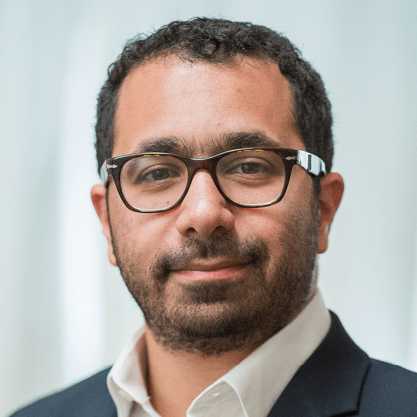
Timothy Kaldas, Policy Fellow, The Tahrir Institute for Middle East Policy
Timothy E. Kaldas is a Policy Fellow at TIMEP. He researches transitional politics in Egypt, regime survival strategies, and Egyptian political economy and foreign policy. Beyond Egypt, his research examines the social and political history of sectarianism in Iraq, U.S. policy towards the Arab-Israeli conflict, and discrimination against Muslim Europeans, particularly in France. He previously taught politics as a visiting professor at Nile University in Cairo. His commentary and analysis has been featured on CNN, France 24, BBC World, The New York Times, The Wall Street Journal, The Guardian, Reuters and Mada Masr. He is a regular contributor to Bloomberg Opinion.
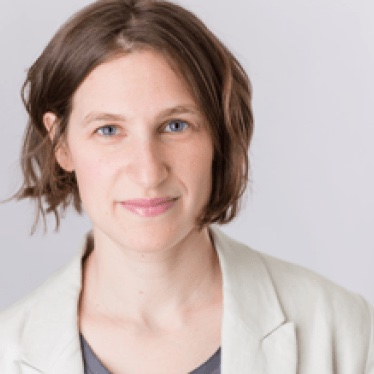
Sarah Saadoun, Senior Research and Advocate, Economic Justice and Rights Division, Human Rights Watch
Sarah Saadoun is a senior researcher and advocate working on the economic drivers of human rights abuses. Her work investigates the impact of government policies and allocation of public resources on people’s ability to realize their rights, including to health, education, and social protection, and examines how corruption and moneyed interests capture public funds. In recent years, she has focused on IMF lending both as an opportunity to strengthen public oversight over government spending and as a driver of reforms that can exacerbate poverty and inequality. Her worked has focused on Egypt, Jordan, Lebanon, Palestine, United States, Cameroon, Equatorial Guinea, and elsewhere.
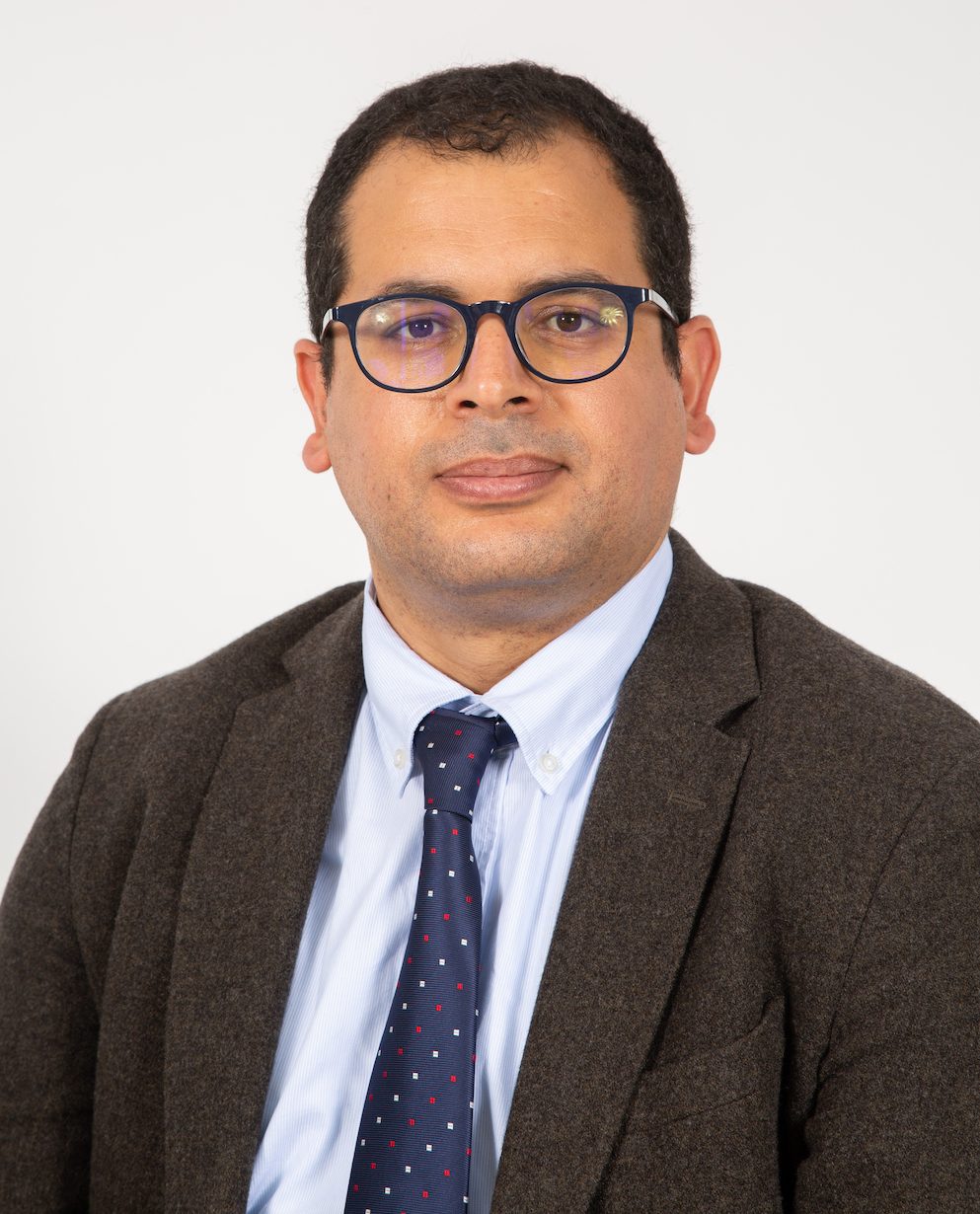
Hamza Meddeb, Nonresident scholar, Malcolm H. Kerr Carnegie Middle East Center
Hamza Meddeb is a nonresident scholar at the Malcolm H. Kerr Carnegie Middle East Center, where his research focuses on the Politics of economic reform, Development and Security in Tunisia and North Africa. Before joining Carnegie, Mr. Meddeb was Research Fellow at the European University Institute between 2016 and 2018. Dr. Meddeb holds a PhD in political sciences from Sciences Po Paris.
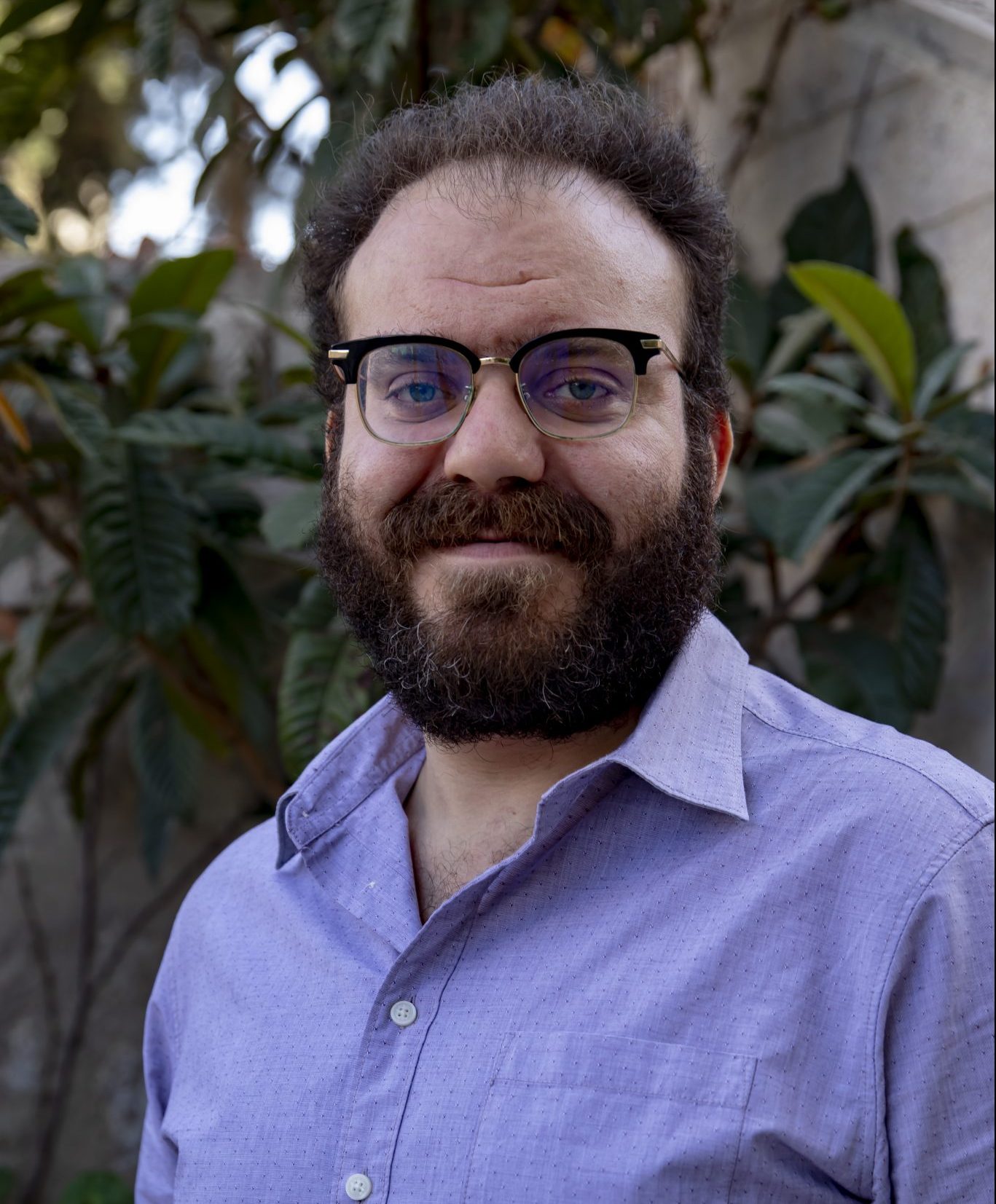
Nabil Abdo, Senior Policy Advisor – International Financial Institutions, Oxfam International
Nabil Abdo is Senior Policy Advisor for Oxfam International’s Washington DC Office. His work focuses on the IMF and inequality. Nabil is also a researcher and has focused on austerity policies globally and the MENA region, as well as unions and labor movements in the Middle East and North Africa (MENA) and Lebanon, and the informal economy and fiscal and socioeconomic policies.
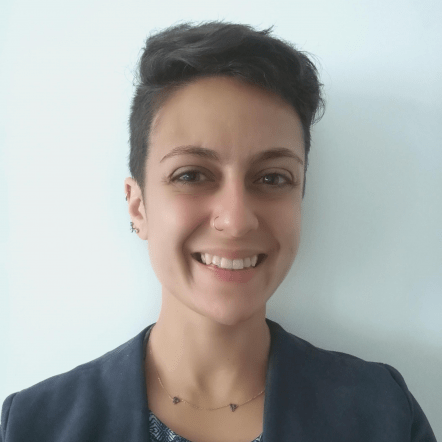
Maya Gebeily, Levant Bureau Chief, Reuters (moderator)
Maya Gebeily is the Beirut bureau chief for Reuters, covering Lebanon, Syria, and Jordan. She was previously the Middle East Correspondent at the Thomson Reuters Foundation, where she reported on climate change, socioeconomic inclusion and technology across the region. Before joining the TR Foundation, Maya spent six years at Agence France-Presse, where she reported on the war against the Islamic State group in Mosul, Raqqa and Baghouz as well as corruption in Iraq’s import sector.
